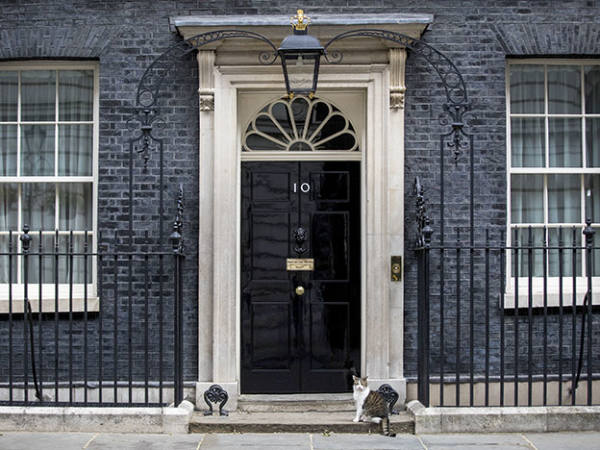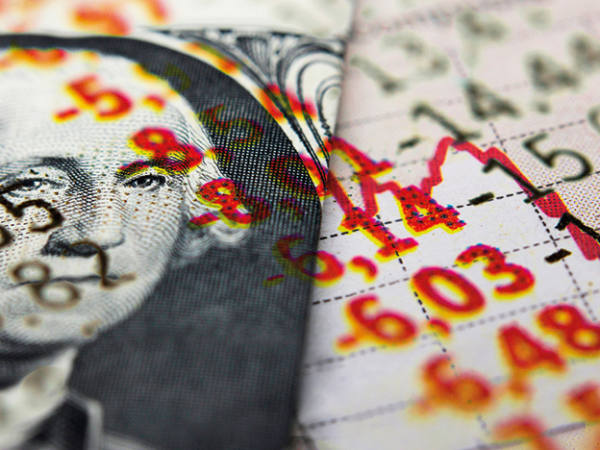On 2 October, journalist Jamal Khashoggi walked into Saudi Arabia’s consulate in Istanbul. Since then the fall-out from his disappearance and alleged killing at the hands of the Saudi state has shaken oil markets.
By 13 October, US President Donald Trump had threatened “severe punishment” if the country was found to have killed Mr Khashoggi, before later floating the possibility that the dissident journalist might have died at the hands of “rogue killers”.
In between those statements, and with criticism of the oil-rich kingdom mounting, Saudi Arabia announced it would respond to any action “with greater action”, and flagged its “influential and vital role in the global economy and that the Kingdom's economy is affected only by the impact of the global economy”.
The implication – that the Kingdom might do the unthinkable and force a squeeze in oil supplies – sent a spasm through markets. The prospect of weaponising crude was given added credence by a column penned by Turki Aldakhil, head of the Saudi-owned Al Arabiya news channel, who suggested that US sanctions would “lead to Saudi Arabia's failure to commit to producing 7.5m barrels”.
“If the price of oil reaching $80 angered President Trump, no one should rule out the price jumping to $100 or $200, or even double that figure,” Mr Aldakhil warned.
The dramatic rise in rhetoric, which pushed up Brent by 2 per cent to $81.92 a barrel on Monday, prompted a climbdown from various Saudi officials. Despite evidence to the contrary, the Kingdom is always keen to advance the idea that oil and politics do not mix.
Of course, geopolitics has been a key driver of rising oil prices this year. Economic collapse in Venezuela, and the re-imposition of US sanctions on Iran from next month, have tightened supplies and led the Paris-based International Energy Agency (IEA) to declare that “expensive energy is back”.
That assertion came as the IEA followed the Organization of the Petroleum Exporting Countries (Opec) in trimming its near-term outlook for oil demand, and a report from the Energy Information Administration, which showed a greater-than-expected rise in US crude inventories.











